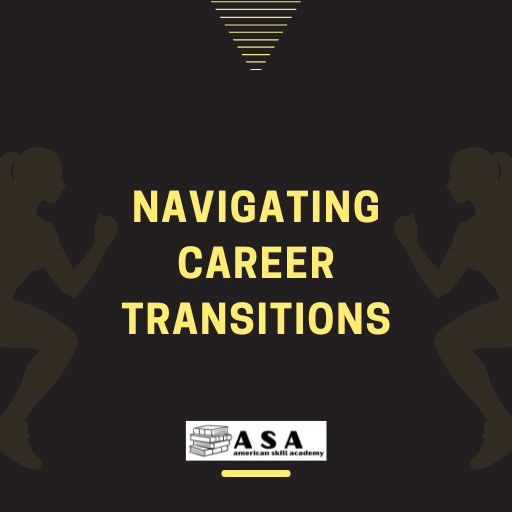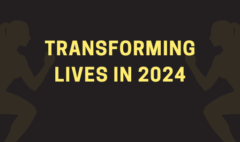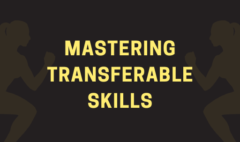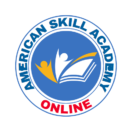Navigating Career Transitions: A Step-by-Step Guide
Navigating Career Transitions: A Step-by-Step Guide
Embarking on a career change can be both exciting and daunting. The contemporary job market demands adaptability and a diverse skill set, making it imperative for individuals to navigate career transitions strategically. In this comprehensive guide, we will outline a step-by-step approach to help you successfully transition from one career to another. Moreover, we will explore the wealth of free resources available online, such as free coding classes, business courses, and digital marketing fundamentals, offering adults the chance to upskill at their own pace.
**1. Self-Reflection and Goal Setting:
Before diving into the world of career change, take the time to reflect on your skills, interests, and values. Identify your strengths and weaknesses, as well as the aspects of your current or past roles that you find most fulfilling. Set clear and realistic career goals that align with your passions. Free online classes for adults on platforms like Coursera and edX can provide guidance on self-discovery and goal setting.
**2. Research and Industry Exploration:
Conduct thorough research on the industries you are considering. Explore job market trends, growth opportunities, and the skills in demand. Platforms like LinkedIn Learning offer free courses online with certificates, allowing you to delve into industry-specific topics, gain insights, and build a foundational understanding of your target field.
**3. Identify Transferable Skills:
Assess your existing skills and identify those that are transferable to your desired career. While you may lack direct experience in the new field, highlighting transferable skills can make you a competitive candidate. Free coding classes online, available on platforms like Code.org and Khan Academy, can be invaluable in developing technical skills that are applicable across various industries.
**4. Networking and Mentorship:
Build a strong professional network within your target industry. Attend virtual events, join online forums, and connect with professionals who have successfully navigated similar career transitions. Seek mentorship from individuals who can provide guidance and share their experiences. Business courses online free on platforms like Skillshare can enhance your networking and interpersonal skills.
**5. Update Your Resume and Online Presence:
Tailor your resume to showcase your relevant skills and accomplishments. Create or update your LinkedIn profile to reflect your career aspirations. Highlight your ongoing learning journey by including certifications from free online classes with certificates. Platforms like Google Digital Garage offer fundamentals of digital marketing courses, enabling you to enhance your online presence and demonstrate your commitment to continuous learning.
**6. Apply for Internships or Freelance Opportunities:
Gain practical experience in your target field by applying for internships or freelance opportunities. Many companies value hands-on experience as much as formal education. Platforms like Upwork and Fiverr can connect you with freelance projects, allowing you to build a portfolio that showcases your skills and accomplishments.
**7. Stay Resilient and Embrace Continuous Learning:
A career change is a journey that requires resilience and a commitment to continuous learning. Embrace setbacks as opportunities for growth and learning. Utilize free online classes for adults to stay updated on industry trends, refine your skills, and adapt to the evolving demands of your chosen field.
In conclusion, a successful career transition involves a combination of self-reflection, strategic planning, and continuous learning. Take advantage of the abundance of free resources available online, from free coding classes to business courses and fundamentals of digital marketing. By following these steps and leveraging online educational platforms, you can navigate your career transition with confidence and emerge prepared for the exciting challenges of your new professional path.
Related Posts
Unlock the Power of Mastering ChatGPT: Learn with American Skill Academy Today!
Transforming Lives in 2024: The Impact of AI on Daily Living
Mastering Transferable Skills: A Gateway to Success with American Skill Academy
Search
Categories








